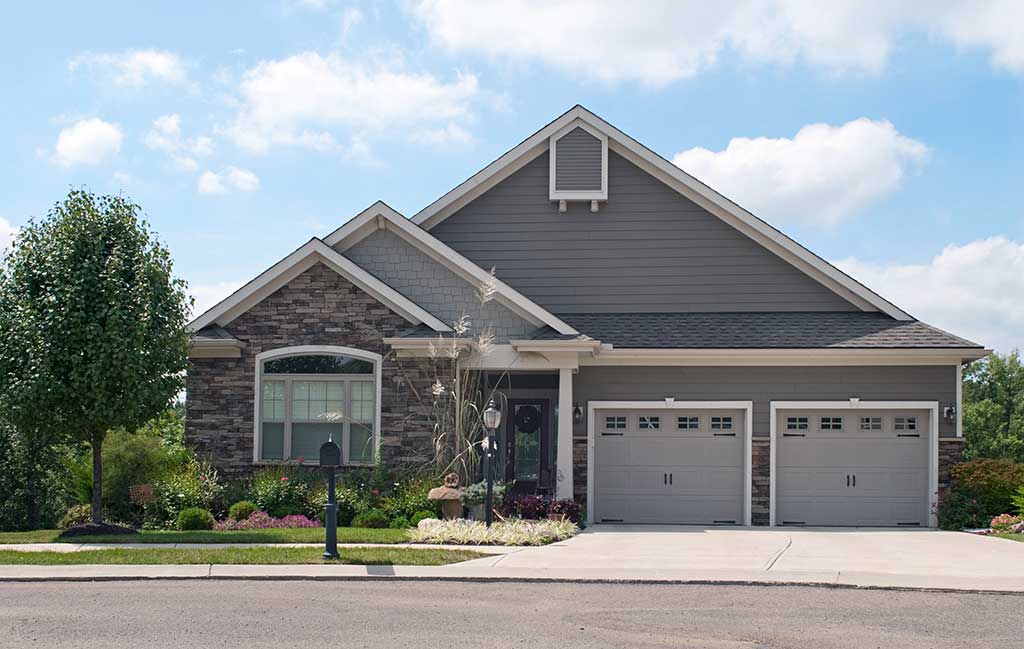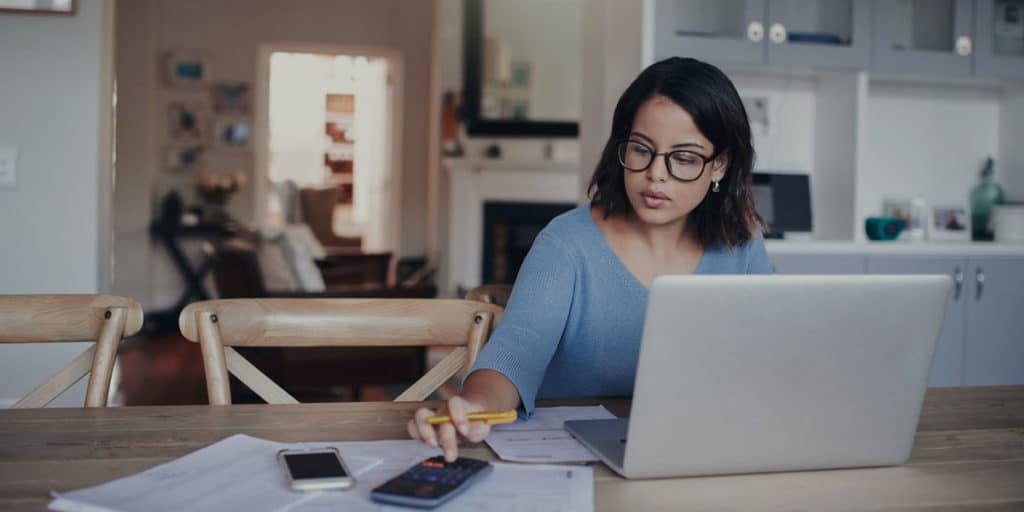How to Budget for Closing and Beyond

Estimating Closing Costs
Closing costs vary by location and by property—in general, you can expect to pay about 2-5% of the home’s value. Budgeting for the higher end of this range should put you in a good position, but for a more accurate estimate, research how much the individual elements of closing cost in your target area: property taxes, inspection and appraisal fees, homeowners and title insurance, etc.
Ways to Save
Savvy buyers may be able to reduce their closing budgets by taking advantage of savings opportunities. First, learn which closing costs are negotiable and which aren’t—some services can be shopped around for, and you may be able to talk down the price on others. Secondly, you can ask the seller to pay a portion of the closing costs if the home appraises for a high enough value. Seller concessions allow buyers to hold onto more cash when they purchase the home, rolling the seller-paid amount into their loan instead.
Prepare for Moving In
Once you have a good idea of how much you’ll need to save to cover closing, start thinking about your expenses after you move in. You may need to pay for major repairs right away, for example, or buy more furniture for a bigger space. Focusing on your down payment and closing fees is understandable while you’re working on finding your home, but if money is tight afterwards, your first few years of living there may not be as comfortable.
Spend time on setting priorities, researching average costs in your location, and taking an honest and thorough account of your finances. With extensive planning and careful budgeting, you’ll move into the right home without a hitch.


